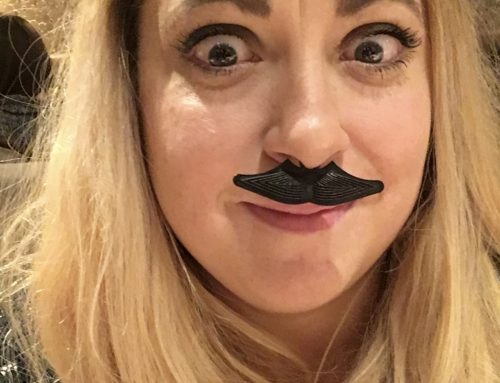Intrusive thoughts are described as unwanted thoughts that can pop into our heads without warning, at any time
A recent study found that 94% of people have unwanted or intrusive thoughts. So if you are reading this you’ve likely experienced them.
But what do you do when your intrusive thoughts are telling you to hurt yourself?

There is nothing more frightening than when your own brain wants to kill you.
On my worst days everything I absorbed would trigger a new destructive thought that I had to battle. When driving to work every new stretch of road would present a new obstacle my mind would want me to crash into or bridge it would want me to drive off. When cooking dinner my mind would tell me to hurt myself with every knife I saw. When trying to relax my brain would repeatedly tell me I was worthless and all the people I loved would be better off without me.
When experiencing these thoughts I still knew I did not want to die. I had become so exhausted from being bullied by my own brain that I felt it was my only way out.
The intrusion was relentless and overwhelming.
I had not learnt how to manage these thoughts because I wasn’t really ready to admit to myself what was happening.
A recent study suggests that 1 in 5 people will have suicidal thoughts in their lifetime. For people with certain risk factors they can be fairly common. There is no shame in experiencing suicidal thoughts. You should get help if you or someone you know is experiencing suicidal thoughts. Suicidal thoughts do not have to lead to suicide attempts or death by suicide.
 Below are some immediate steps to take:
Below are some immediate steps to take:
-
Speak to your GP
-
If out of hours call 111
-
If you or someone else is in immediate danger call 999
-
If you have a local mental health crisis team, contact them
There are also many free helplines with people who care and are ready to listen, some shown in image to the left.
After sourcing help you may wish to fill out a survival guide, you can find our survival guide template in our free resources page here.
I have done a lot of work on my mental health and suicidal thoughts are now rare for me. If I do have one, I know what I need to do to keep myself safe.





Leave A Comment